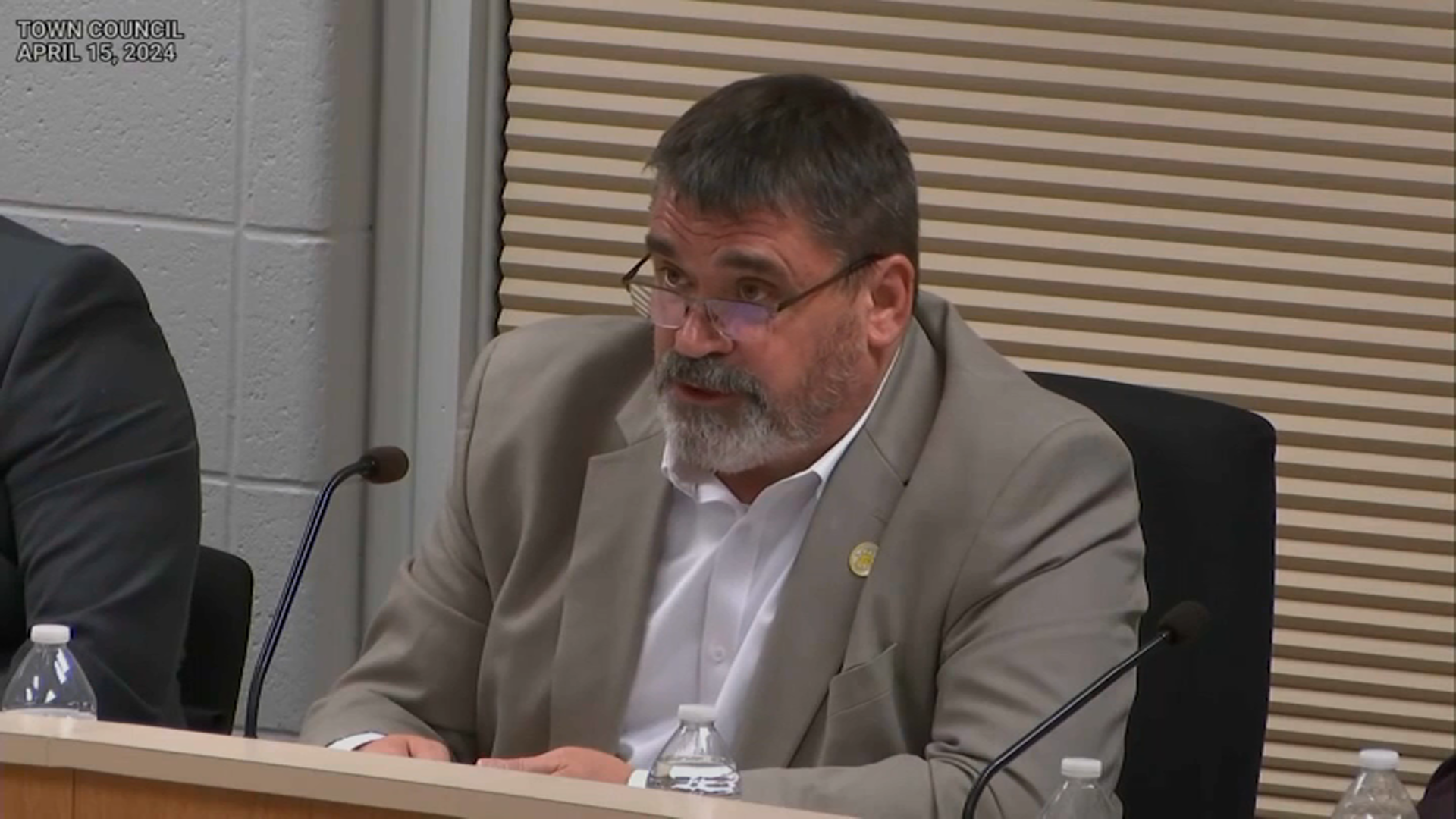New York City residents are growing concerned about the installation of a new natural gas pipeline in a densely populated section of Manhattan.
A 16-mile pipeline coming to the West Village will be 30 to 42 inches in diameter and carry 800 million cubic feet of hydro-fracked natural gas per day. The pipeline, called the New Jersey-New York Expansion but more often referred to as the Spectra pipeline because it is owned by Texas-based Spectra energy, has neighbors in the West Village, Staten Island and Jersey City worried over the potential for catastrophe.
"If something happens, my building is essentially ground zero," said Joshua Siegel of the West Village. "To locate it in a densely populated area does not make good sense."
Since January 2010, there have been more than 700 significant pipeline problems in the U.S., the I-Team has found. More than 40 people were killed, and another 200 were hurt. A majority was blamed on equipment failure, improper operation or corrosion.
With 2.5 million miles of pipeline in the U.S., that's one significant problem for approximately every 8,400 miles of pipeline per year.
In one case in San Bruno, Calif., a 30-inch natural gas pipeline exploded, leveling 35 homes and killing eight people. The explosion was blamed on faulty welds on the 57-year-old pipeline.
The West Village has 68,000 residents per square mile, compared to San Bruno, which has less than 3,000.
Local
Along gas transmission lines in New York and New Jersey, federal regulators have flagged 19 significant incidents in last 10 years, with most occurring in the last two years. One reason may be age, as many of the failed pipelines have been in place and in use for decades and corroded over time.
Another issue is the lack of federal pipeline inspectors with the Pipeline and Hazardous Materials Safety Administration, or PHMSA.
"You're basically left with 100 inspectors to supervise 2.5 million miles of pipeline,” said ProPublica’s Lena Groeger. “So what ends up happening is often it's the company's own inspectors that do most of the on-the-ground inspection, and they can basically do it however they want."
In January, Spectra Energy was fined $95,000 by the federal government for neglecting pipeline maintenance, specifically for failing to check for corrosion and incomplete valve inspections on a Pennsylvania line.
“It’s not really a matter of if a pipeline will fail, but when it will fail. There are steps that both regulators and operators can take to minimize that damage,” said Groeger.
Spectra Energy said safety is the company’s number one priority and the project in New York "will be monitored by daily vehicle and on-foot patrols.”
The company added: “We have satisfied or met PHMSA’s suggested actions, most of which were matters of documentation, and have asked for further review and consideration from the agency. We will continue to work diligently with PHMSA to address any questions, but residents in New Jersey and New York should know PHMSA’s suggestions have no direct bearing on the NJ – NY Expansion Project.”
In publicly released material, the company said it is using a state-of-the-art pipeline with a higher strength and wall thickness than is required by federal law.
“What has evolved over time is we have better pipes, stronger materials and much better inspections in the factory for potential bad welding,” said Dr. Fadi Karaa, professor of structural engineering. “And with imaging technologies such as X-rays have almost become foolproof.”
Karaa said the location and depth of pipelines are often key factors in accidents as many are ruptured or damaged by excavators.
While accidents are not rare, pipelines are much safer than the likely alternative: transporting the gas using trucks or trains.
ProPublica has created a database of significant pipeline incidents in the United States for the last 30 years, including the age of the pipeline, the reason it broke and if anyone was killed or injured. View the ProPublica pipeline database here.



